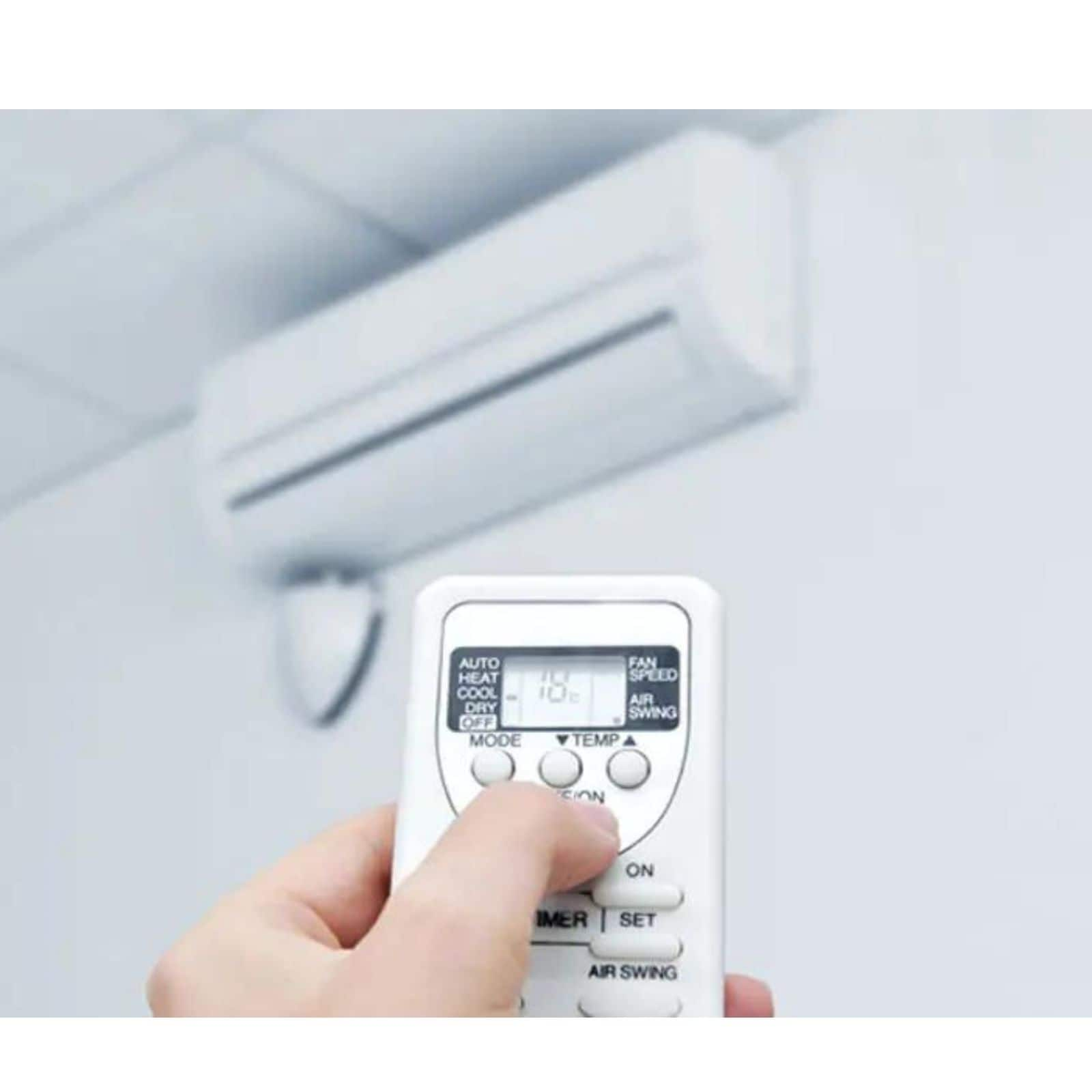


1. Ancient Cooling Methods: The concept of cooling the air can be traced back to ancient civilizations. The Egyptians and Persians used to hang wet reeds in windows to cool the incoming breeze through evaporation.
2. Invention of Modern Air Conditioners: The modern air conditioner was invented by Willis Carrier in 1902. He developed the first electrical air conditioning unit to control the humidity in a printing plant.
3. Air Conditioners and Movies: The introduction of air conditioning in movie theaters helped boost attendance during the summer months. Many people flocked to theaters to escape the heat, leading to the popularity of summer blockbusters.
4. Residential Air Conditioning: Residential air conditioning became popular in the 1950s and 1960s, transforming home comfort and changing architectural design. Air conditioning became a standard feature in newly constructed homes.
5. Energy Consumption: Air conditioners consume a significant amount of energy. In fact, in the United States, air conditioning accounts for about 12% of total annual residential energy consumption.
6. The Ozone Layer: Older air conditioning systems used chlorofluorocarbons (CFCs) as refrigerants, which contributed to the depletion of the ozone layer. Today, CFCs have been phased out and replaced with more environmentally friendly refrigerants like hydrochlorofluorocarbons (HCFCs) and hydrofluorocarbons (HFCs).
7. Health Benefits: Air conditioners not only cool the air but also help improve indoor air quality. They filter out dust, pollen, and other airborne particles, reducing allergies and respiratory problems.
8. Smart Air Conditioners: With advancements in technology, smart air conditioners have become popular. These units can be controlled remotely through mobile apps, allowing users to adjust the temperature and schedule cooling cycles from anywhere.
9. Air Conditioners and Productivity: Studies have shown that comfortable working conditions, including a cool environment, can enhance productivity. Air conditioning in offices and workplaces can help improve employee performance and reduce fatigue.
10. Air Conditioners and Medical Facilities: Air conditioning is crucial in hospitals and medical facilities to maintain sterile environments and control the spread of airborne infections. It helps regulate temperature, humidity, and air circulation in sensitive areas like operating rooms and laboratories.
11. When air conditioning technology became more prevalent in the early 1900s, movie theater owners invested in AC systems in order to fill seats during the stickiest and hottest days of the year. It worked most people didn’t have home air conditioning, so the movie theater was the perfect escape.
Remember to maintain your air conditioner regularly to ensure optimal performance and energy efficiency.




